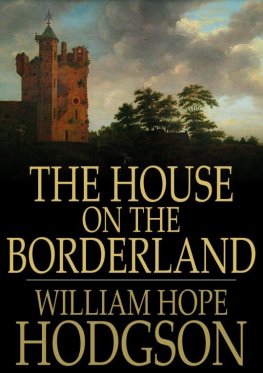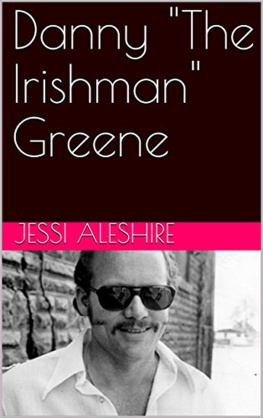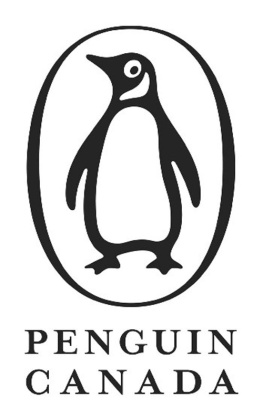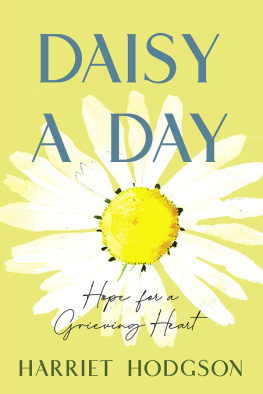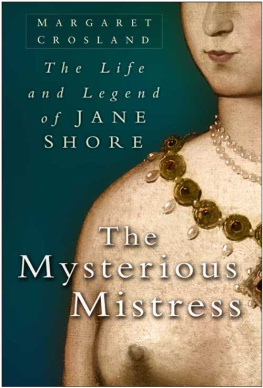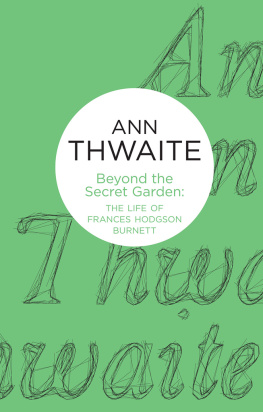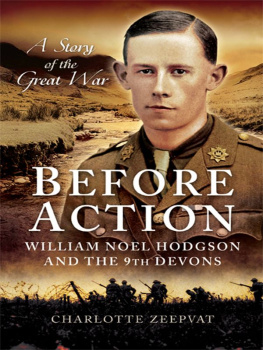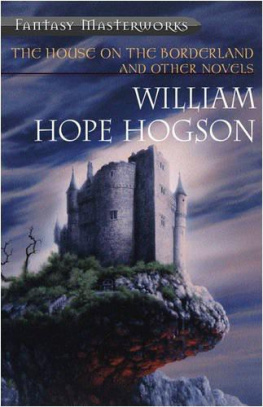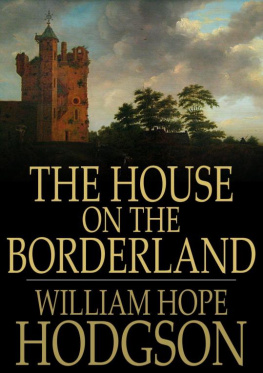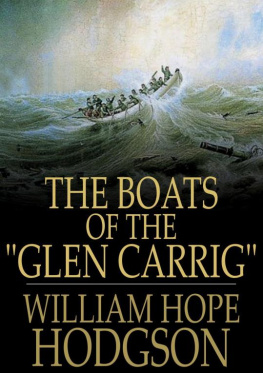PREFACE TO THE AMERICAN EDITION
The people of America may or may not indulge kindly views of the Irish community; but there cannot be the slightest question that the Irish of Ireland have kindlier feelings for America than ever they have had for England. To the Irish of Ireland, in fact, America has long stood in the relation of a sort of promised land, and they have a habit of turning their thoughts thitherward even when small matters are concerned. There is a tale of an elderly lady of Galway who, on being informed by her medical attendant that it was desirable that she should consult a dental specialist, set forth incontinently for New York to the total neglect of London. She believed that of the two places, New York was the friendlier. I am informed that, broadly speaking, New York is policed by Irish Americans and that the American Irishman makes a rather useful subordinate municipal official. Be this as it may, there can be no doubt that very considerable numbers of Irishmen contrive to do themselves a great deal better in the United States than they could ever have hoped to do in their own native Erin. To those Americans and American Irish who happen to be at all interested in the present condition and prospects of the green country, I venture to offer the following pages for what they are worth.
T. W. H. C.
CHAPTER I
DISTRESSFUL
The person who invented the Irish question may or may not deserve well of his species. In a sense, of course, there has been an Irish question since the beginning of history. But it is only within the last century or so that we have begun to spell it with a big Q. That big Q perhaps attained its largest proportions during the eighties of the last century, and associated, as it usually was, with a capital G, which stood for Gladstone, and a capital P, which stood for somebody else, it certainly did yeoman service wherever a use for letters could be found. At the time of Mr. Gladstones Home Rule campaign the existence of a highly insistent Irish question could not be doubted. A good deal of water has flowed under the bridges since then, however, and at the present moment, and in view of the present situation of Irish affairs, one is tempted to wonder whether there now exists, or whether there really has ever existed, an Irish question with a big Q at all. It is true that at the time of writing there is an actual and undesirable famine raging in Connemara. It is true that the population of the country is on the decline, and that the standard of comfort among the people will not bear comparison with the standard of comfort in any other country in the world, unless it be in the poorer and bleaker regions of Kamchatka; and it is true also that Irishmen as a body continue to exercise themselves both at street corners, and on all sorts of platforms, in a habit of rhetoric, which many years of shouting have made second nature with them. For all that, the Irish question as a portentous and vital matter appears to be somewhat played out. One may safely say that in Ireland, at any rate, it has been reduced to an obscurity which allows of its being now spelled with about the smallest q in ordinary use among printers. In England it has been allowed to disappear, in favor of the Russo-Japanese War, Protection, and Do We Believe? On the whole, though it no doubt harrows the souls of the horde of carpet-baggers which have come to us out of Ireland, this condition of affairs is exceedingly salutary for Ireland itself. Now that the factions, and the tumult, and the turbulence, and the wrangling have died down, or at least been in large measure abated, the facts about Ireland are for the first time in history beginning, as it were, to swim into our ken. We are beginning to perceive, for example, that out of the quarrels and bloodshed of the past hundred years Ireland has emerged triumphant. It has been a case of a bankrupt, downtrodden and dwindling peoples fight against a rich and powerful dominant people, and the weaker side has proved clearly that in the long run God is on the side of justice. To all intents and purposes Ireland is at the present moment in full possession of all that she herself has felt it reasonable to demand. She has the franchise, she has land laws which are almost socialistic in the benefits they offer to the cultivators of the soil, and she has local self-government. More than all, she has herself begun to recognize that the disposition of England toward her is becoming year by year less arrogant, less implacable, less contemptuous, and less severe. It has been said that Erins appeals for reasonable treatment at the hands of England have had to be made by violence of the most brutal and terrorizing kind. She has stood before us with the head of a landlord in one hand and the tail of a cow in the other, and screamed till we gave her what she wanted. And always in a large measure we have succumbed. And the singular part of it is that in no instance have we had cause, nor do we appear likely to have cause, to regret it. Of course, that crown and summit of Irish blisses, Home Rule, has not yet been vouchsafed to her. But this, I believe, is due to the fact that Ireland herself is still making up her mind whether she really wants it. Half Ireland says, Give us Home Rule, the other half says, Please dont; and the two parties seem to be getting on very well together by agreeing to differ. This is a true and natural settlement of a problem which, as I believe, is purely artificial, arising out of the exigencies of party and the jealousies of rival demagogues, rather than out of the desires of the people. If Ireland in her heart of hearts desired Home Rule, she would have it within the next couple of years. She has the good sense to know that, however fascinating the theory of Home Rule may appear, the practise of it for her would be difficult and irksome, if not altogether disastrous. Both sides are agreed that Home Rule for Ireland means an immediate spell of civil war for Ireland. The Irish Catholic will tell you this, and the Irish Protestant is equally clear about it. In view of the condition and nature of the country, such a war were a calamity to be staved off at pretty well any cost, even if it were certainand it is by no means certainthat the subsequent benefits would be appreciable and lasting. The politicians will tell you that it is possible to have in Ireland what is somewhat prettily called a union of hearts. The union of hearts which I desire, says one of them, is a union of Irishmen of all classes and of all creeds, from the north to the south, from the east to the west; landlords and tenants, Catholics and Protestants, Orange and Green; and I look to this union as the surest way of bringing about the national regeneration of our country. Which is exceedingly beautiful, but amounts to asking for the moon. Oil and water cannot be made to mix, and in a country where a couple of cardinals and a number of bishops were lately stoned by a rabblement of Protestants, the union of hearts may be reckoned still a great way off. Holy Irelandand I think it is rather to her creditwill never be brought to do what England and Scotland have managed to do, namely to set the political or material interest in front of the religious or spiritual interest. Catholics and Protestants in Ireland are Catholic and Protestant from head to foot and right through, and you will never induce them to forget it. All the same it is not impossible, with the exercise of a little charity and self-restraint, for the lion to lie down with the lamb politically, if not religiously, and this is what is happening in Ireland. In other words the Irish Catholics and Protestants have tacitly agreed that they can live in more or less amity under one government, providing that government is neither an Irish Catholic government nor an Irish Protestant government, but an alien, impartial and practically secular government.



